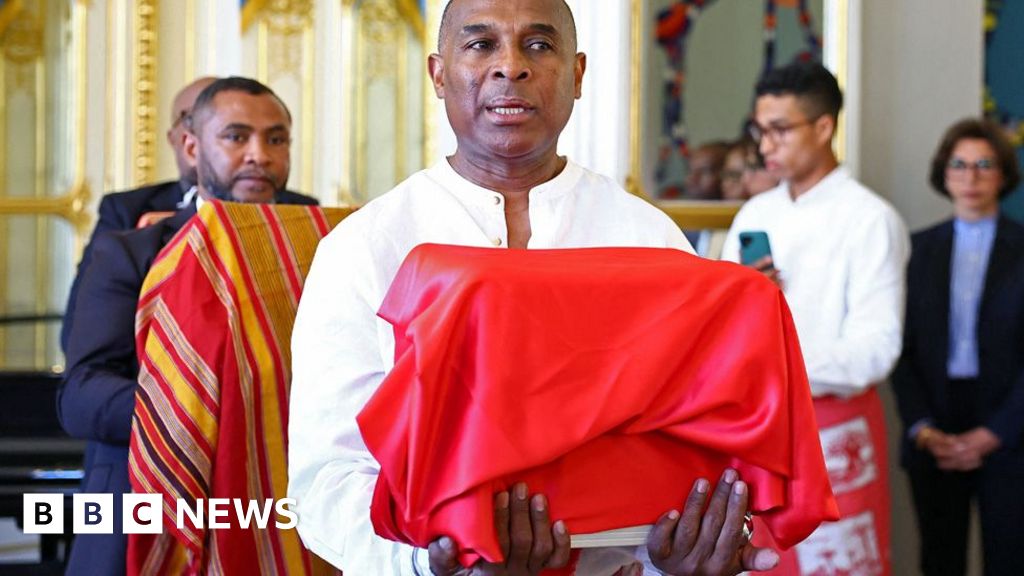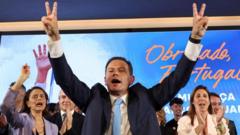The appointment of a new pope heralds a moment of introspection and anticipation, particularly when it comes to the selection of a name. This crucial decision is not merely ceremonial; it is an early indicator of the new pontiff's objectives and priorities for his time in office. Cardinals and clergy around the world eagerly await this announcement, knowing it could illuminate the future trajectory of the Catholic Church.
Traditionally, popes choose names steeped in history or personal significance. This practice is believed to have begun in the 6th century when Pope Mercurius opted for the name John II to distance himself from the link to the Roman deity Mercury, reflecting sensitivity to his role as a spiritual leader. Over the centuries, many popes have chosen names to honor saints or predecessors whose qualities they wished to emulate, shaping their papacies in the process. For instance, Pope Francis, by adopting the name of St. Francis of Assisi, underscored his commitment to humility and outreach to the marginalized.
The implications of a chosen name can vary significantly. A pope adopting the title of John Paul III might signal an intention to continue and expand on his predecessors' legacies focusing on social justice and doctrinal clarity. Conversely, a reevaluation of tradition could surface with a pope named Pius XIII, suggesting a return to more conventional practices. In contrast, a John XXIV could be perceived as a champion of reform and progressiveness, hinting at shifts in established doctrine.
This momentous name-selection moment communally culminates at St. Peter's Basilica, where the senior cardinal deacon announces the chosen name from the papal balcony, following the proclamation of "Habemus papam" — an event that marks the beginning of a new era in the Catholic Church.
As the global community watches, the complexities and expectations surrounding a pope's name remind us of the weight of leadership and the potential influence of symbolism in a faith that spans continents and cultures.
Patricia Mazzei serves as the lead reporter for The Times in Miami, delving into the intricacies of significant religious and cultural narratives.
Traditionally, popes choose names steeped in history or personal significance. This practice is believed to have begun in the 6th century when Pope Mercurius opted for the name John II to distance himself from the link to the Roman deity Mercury, reflecting sensitivity to his role as a spiritual leader. Over the centuries, many popes have chosen names to honor saints or predecessors whose qualities they wished to emulate, shaping their papacies in the process. For instance, Pope Francis, by adopting the name of St. Francis of Assisi, underscored his commitment to humility and outreach to the marginalized.
The implications of a chosen name can vary significantly. A pope adopting the title of John Paul III might signal an intention to continue and expand on his predecessors' legacies focusing on social justice and doctrinal clarity. Conversely, a reevaluation of tradition could surface with a pope named Pius XIII, suggesting a return to more conventional practices. In contrast, a John XXIV could be perceived as a champion of reform and progressiveness, hinting at shifts in established doctrine.
This momentous name-selection moment communally culminates at St. Peter's Basilica, where the senior cardinal deacon announces the chosen name from the papal balcony, following the proclamation of "Habemus papam" — an event that marks the beginning of a new era in the Catholic Church.
As the global community watches, the complexities and expectations surrounding a pope's name remind us of the weight of leadership and the potential influence of symbolism in a faith that spans continents and cultures.
Patricia Mazzei serves as the lead reporter for The Times in Miami, delving into the intricacies of significant religious and cultural narratives.






















